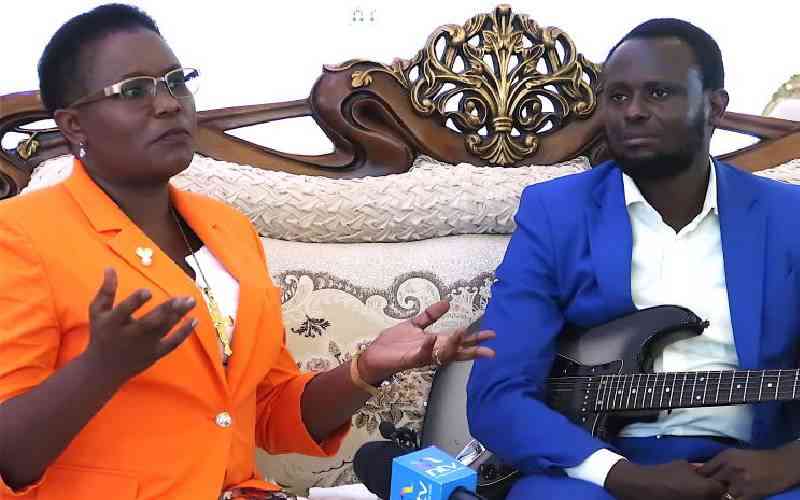×
The Standard e-Paper
Home To Bold Columnists

Meru Governor Kawira Mwangaza hit the ground running after defeating heavyweights in the August 9 election. The ground then retaliated by thrashing her.
She wasted no time in dismissing a few officials from Kiraitu Murungi's government, the most notable of whom was John Ntoiti, the CEO of Meru Revenue Board, who was famous for leading a high-handed county inspectorate delegation to demand mast licence levies from her television station.